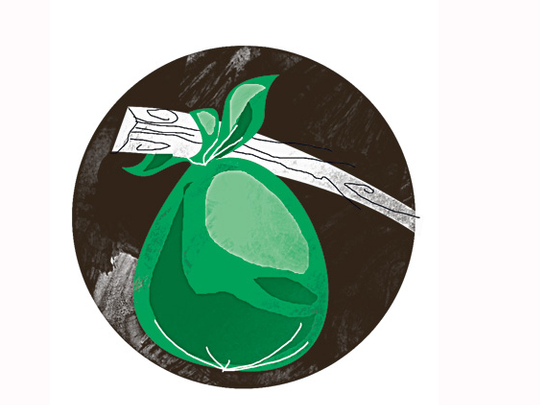
Since the Nakba in 1948 and the establishment of the Israeli state, successive Zionist governments have considered the existence of the ‘Arab minority' a threat. Based on this belief, Israel has followed a strategy of continuous intimidation and racial discrimination to force indigenous Arab Palestinians to leave the country. Israel also followed a policy of isolating this Arab minority from its wider Arab environment and tried to assimilate its Arab citizens into Zionist society, albeit marginally, in an effort to efface the Arab identity. In 1958, Israel started considering the Circassians, the Druze, the Christians and the Arab Bedouins separate minorities and subjected them to obligatory military service. It also tried to create a rift between various Muslim sects and Christian groups.
Today, the 1948 Palestinians face significant challenges, such as the call by Israeli Foreign Minister Avigdor Lieberman to exile as many of them as possible in the West Bank or outside historical Palestine. Prime Minister Benjamin Netanyahu has called for the same, and for efforts to lower the birth rate in 1948-Palestinian society. Netanyahu has always emphasised that his policy "represents one of the important responses against the demographic danger … reflected in the possibility of losing the Jewish majority in the area between the River Jordan and the Mediterranean".
Palestinians have decided to take measures to challenge the policy of destruction of Arab houses through protest movements and legal action. They have warned that this policy will lead to a new uprising against the Israeli establishment. This new wave of Palestinian-Arab protest may be attributed to the achievement of unity in face of ongoing Israeli threats.
On one hand, the Zionist state has started the Judaisation of Arab territories within the Green (Armistice) Line. Plans for the Judaisation of the Galilee to dilute its Arab concentration serve Jewish interests in the north.
On the other hand, Israel has officially refused to sanction the establishment of even one new Arab village. It has besieged Arab communities and turned them into ghettoes and concentration camps, continuing its brutal policy of an unannounced ‘voluntary migration' for the 1948 Palestinians. This has coincided with the construction of hundreds of colonies in place of Palestinian villages, which has in turn caused overcrowding in other Arab towns and villages. According to official statistics, thousands of Palestinian houses are at risk of being razed. Deputy Hanna Suwaid, leader of the Parliamentary Front Bloc in the Knesset, says "20,000 Arab houses are threatened with immediate destruction. In addition, 50,000 houses, barns and work establishments have been denied licenses in the Al Naqab area alone. ‘Unlicensed construction' is a result of Israeli policy in Arab towns and villages, where the Israeli urban organisation offices refuse any increase in Arab influence through any increase in property".
Discrimination
New data issued by the Rikaz Databank for the Palestinian Minority in Israel shows the extent of discrimination against the Palestinian Arab community through field investigations among Palestinian families from the north to the south. In 2009, out of 1.4 million Palestinians, 58.4 per cent of families were in need of at least one room during the coming decade; 43 per cent of these families were unable to build any additional rooms.
The 1948 Palestinians participate in the national Palestinian movement through various means, the most important of which was "the declaration of unity" at the outbreak of the Al Aqsa Intifada in September 2000, when thirteen 1948 Palestinians were killed in Nazareth by the Israeli army. All Arab parties in Israel have embraced the necessity of establishing a Palestinian state in the West Bank and Gaza Strip, with occupied Jerusalem as its capital. At the same time, they have worked to realise certain demands, particularly equality in the workplace, income and the budgets allocated to Jewish and Arab towns and villages. What is most significant in this resistance is the consolidation of the physical Arab presence inside Israel to prevent the latter from achieving its aims. Objectively, the 1948 Palestinians have no alternative but to continue their popular struggle against the Israeli government's aggressive policies, especially in places where houses are being destroyed.
This continuous policy of razing houses in Arab towns is part of the systematic policy of ‘transfer', or a first step in removing the 1948 Palestinians. This is to say nothing of the Judaisation that is more evident in the Arab town of Lydda and the ‘mixed' cities. The usurping of land and houses is among the most dangerous strategies in the Israeli onslaught against Arab Palestinians, to the extent that this issue has become a most urgent one. To quote a woman whose house had been pulled down: "We shall not acquiesce even if they pull down the house over our heads. What's the difference between us and our people in Gaza? It's the same policy and the same mentality that targets the Arabs and seeks our deportation. We have been living here before the Israeli state was born and we shall never leave".
Professor As'ad Abdul Rahman is the Chairman of the Palestinian Encyclopaedia.










